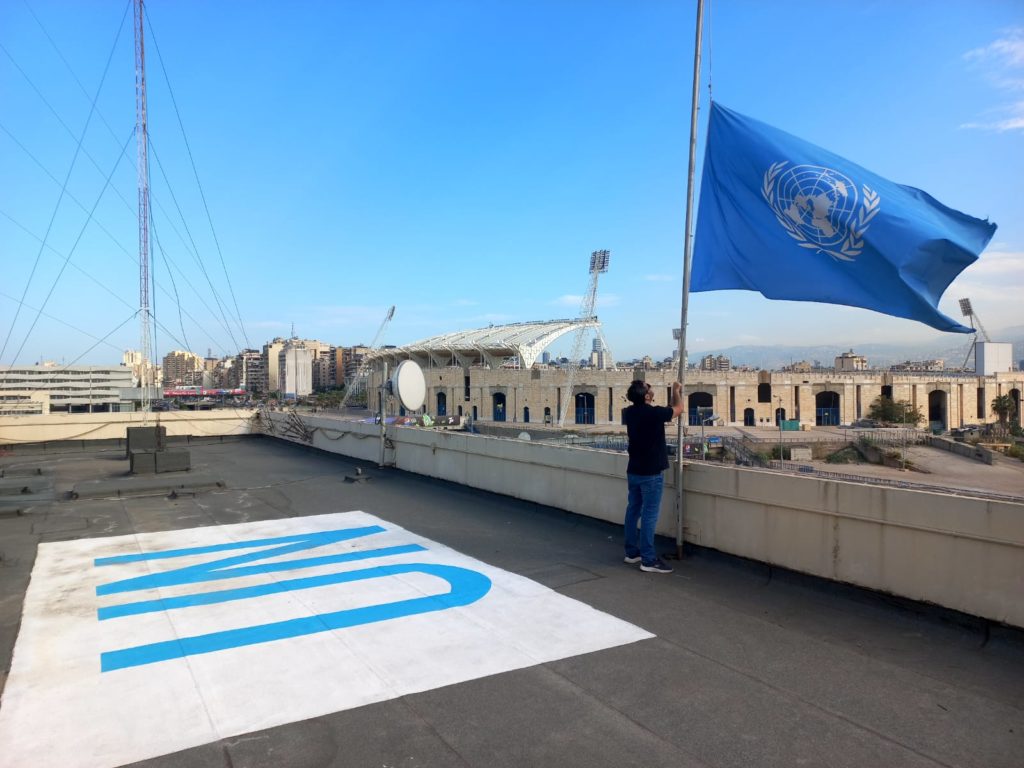
The Palestinian-Israeli conflict has remained a focal point of global attention for decades,
characterised by a heartbreaking legacy of violence and suffering. The Israeli government’s actions,
which some argue openly flout international humanitarian law, have led to the tragic loss of countless
lives, including innocent women and children.
While the international community endeavors to raise awareness about this protracted crisis, recent events have brought to light the diplomatic complexities surrounding the conflict, particularly in relation to the actions of Gulf states and Turkey in normalising relations with Israel. This conflict has recently come under scrutiny by the joint statement of a youth wing of a local political party leadership from eight federal territory areas, emphasising the necessity for Malaysians to develop a comprehensive understanding of this Palestinian-Israeli conflict.
Gulf states have often been viewed as ambiguous in their approach to the Israeli-Palestinian conflict.
On one hand, they have issued strong condemnations of Israel for its treatment of the Palestinian
people. On the other hand, their actions seem to contradict these words. Reports have emerged,
revealing that countries like the United Arab Emirates and Bahrain engaged in arms trade with Israel
after the normalisation of relations in 2020, a move facilitated by the Abraham Accords and endorsed
by former U.S. President Donald Trump. These actions have cast doubts on the authenticity of their
support for Palestinian rights.
Furthermore, Gulf nations have been actively participating in economic collaborations with Israel,
raising concerns about their dedication to ethical and political principles amid a crisis characterised by
human rights issues. In addition to the ambiguity of Gulf states, Turkey has maintained diplomatic
relations with Israel over an extended period. These two nations are significant trade partners in the
region and have even conducted joint military exercises, though not without disruptions, most notably
the 2010 Mavi Marmara incident.
The trade relationship between Turkey and Israel is substantial, with an annual value ranging from $7
billion to $9 billion. Notably, there are at least 12 daily flights permitted between Tel Aviv and Istanbul.
Recently, the Iranian Foreign Minister convened a special meeting with his Turkish counterpart, urging
Turkey to halt shipping operations via the Ceyhan Port, which supplies oil from Azerbaijan to Israel,
potentially undermining Israel’s objectives in the Palestinian territory.
The international community must acknowledge that despite the vocal condemnation of Israel’s
actions in Palestine by these nations, there are genuine concerns about the authenticity of their
positions.
To stand in solidarity with Palestinian aspirations for self-determination and their right to return to
their homeland, vigilance and truth dissemination are essential. While some have turned to boycotting
brands and companies that support Israel as a means of protest, the issue is complicated by the fact
that many of these conglomerates have origins in the United States and possess substantial wealth,
enabling them to support Israel through alternative means.
In light of this, it falls upon nations like Malaysia, and the broader international community, to take a
leading role in exposing perceived hypocrisy and addressing the ongoing loss of lives and the
distressing situation in Palestine with a sense of urgency. From the river to the sea, the hope for a free
Palestine remains a paramount goal. The path to achieving it is fraught with complex geopolitical
considerations, but these complexities should not deter efforts to seek justice and peace in the region.
Ashraff Hussni
The views expressed here are that of the writer’s and not necessarily that of Weekly Echo’s.